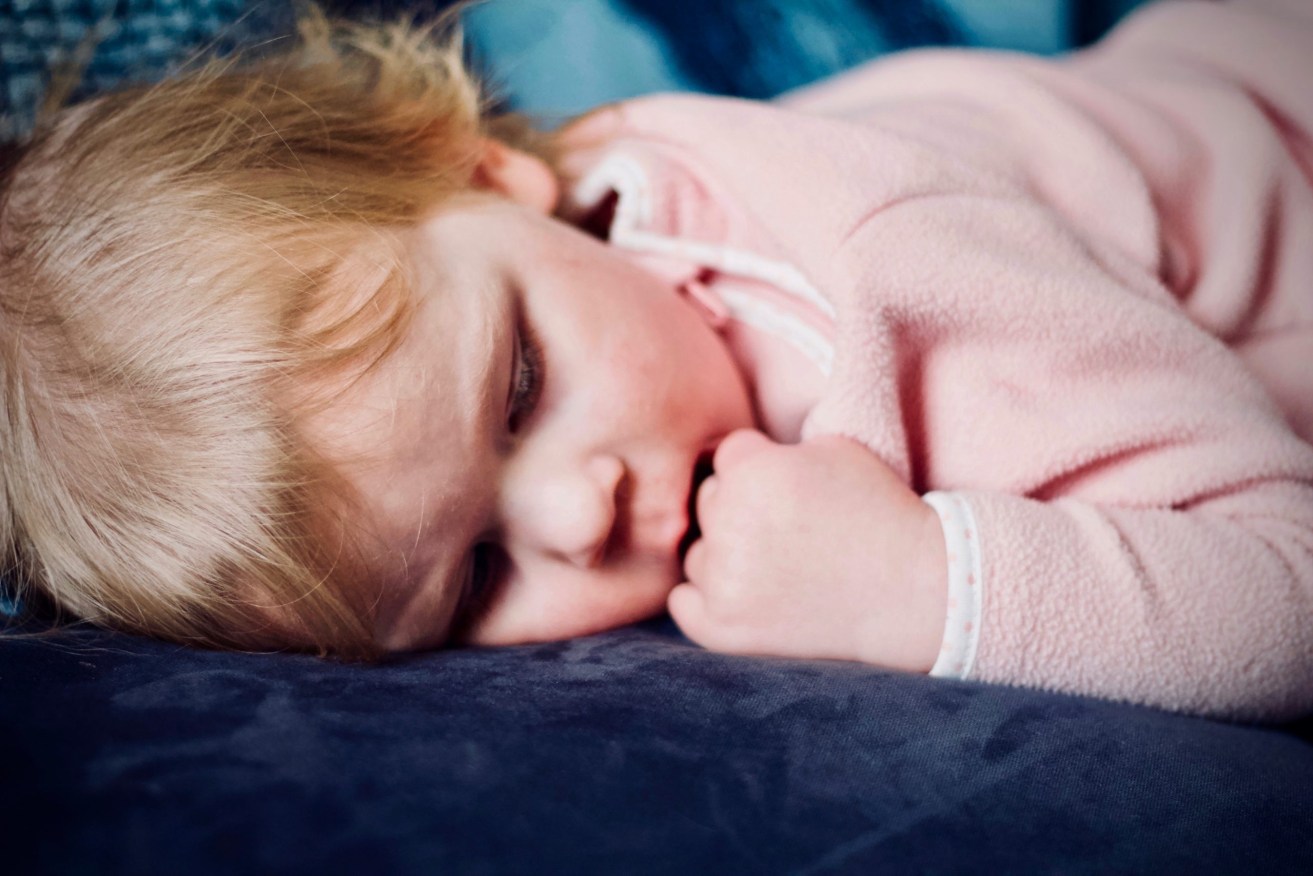Warnings over new virus outbreak – small children most at risk
A four-fold increase in cases of a highly infectious virus has prompted a warning to families with young children by Queensland health authorities.

Photo: Jelleke Vanooteghan/Unsplash
More than 2250 people tested positive to respiratory syncytial virus in Greater Brisbane between January and March, compared to 591 during the same time last year.
Children under 10 have made up almost 74 per cent of cases in 2021, and Queensland Children’s Hospital doctor Geoff Pearce said hospital treatment is sometimes needed.
“In most cases, RSV is similar to the common cold and causes a minor illness best treated with plenty of rest and fluids, but young children can become very unwell and may need to be admitted to hospital,” Dr Pearce said.
“The infection can cause inflammation and mucus to build up quickly in children’s small airways which can make it difficult for them to breathe, and they may require oxygen support.”
Symptoms include a runny nose, cough, fever, sore throat and headache and children may experience wheezing, laboured breathing and dehydration.
Children with RSV can worsen in the first two to three days from the onset of illness and often feel sickest between days three and six, Pearce said
“If your child is uncomfortable with fever, they may be given children’s paracetamol in recommended doses, and saltwater drops may help to clear nasal congestion in young infants,” he said.
“If symptoms continue, visit your GP. If your child appears very unwell and lethargic, is having severe difficulty breathing or is making a ‘grunting’ noise, or has blue-coloured lips or skin, call triple zero immediately.”
RSV can spread in a similar manner to COVID-19 and the best defence is regular and proper handwashing and avoiding others when sick.












